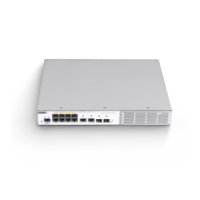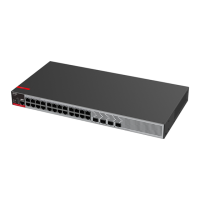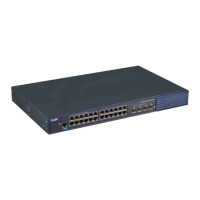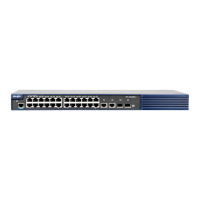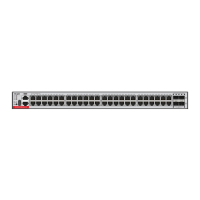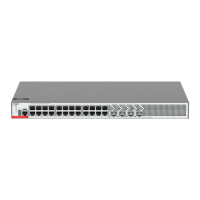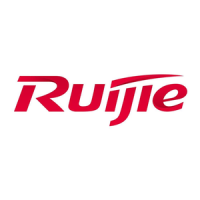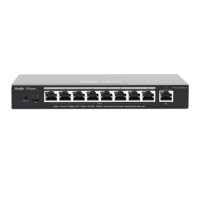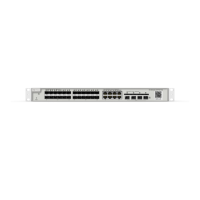Configuration Guide Share VLAN Configuration
Share VLAN Configuration
Overview
As a VLAN sharing addresses, the Share VLAN can solve the problem that the
packets to this MAC address will be broadcast in another VLAN while the switch
learns a MAC address in a VLAN. When a VLAN is set to be the Share VLAN,
however, it will replicate its learned dynamic and static MAC addresses to other
VLANs, and other VLANs also replicate their learned dynamic and static MAC
addresses to the Share VLAN. The address triggering this address application
procedure is called home address and the replicated addresses are called sub
addresses. The sub addresses will not trigger replication anymore. When the
home address is deleted or aged out, the sub addresses are deleted or aged out
at the same time. However, deleting sub addresses will not bring any influence
on the home address.
Application Model
Packets are forwarded by searching the address table. If the address table has
not the destination address, the packets will be broadcasted in a VLAN, as
shown in Figure 1.
The VID of the packets from PC1 to the server is 2. The switch will learn PC1’s
address, as shown in Table 1.
Table 1
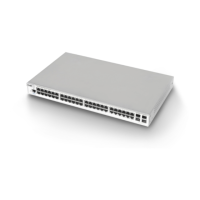
